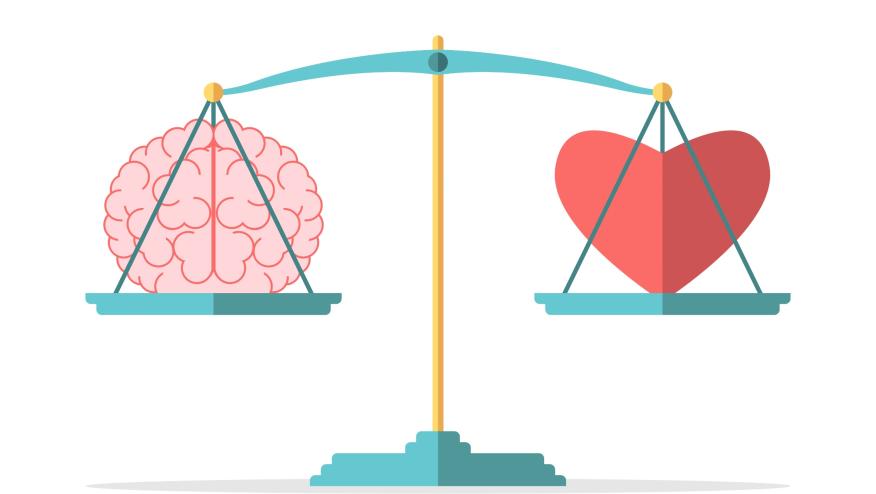How Being a Patient Taught Me to Be a Better Doctor Save

Since I can remember, I always wanted to be a doctor. My dad was a trauma surgeon and my mom a nurse. The default, when there was an issue with childcare, was to leave me and my sister “playing” at the nurse’s station. The hospital environment always has felt very familiar.
When I was accepted into medical school, my Dad taught me that as a doctor I should not judge and do my best not to let my personal views interfere with how I manage and interact with my patients. As a doctor, you should not care about your patient’s religion, sexual orientation, social status, or let any other factor not related to their medical problem interfere with their medical management. I also learned patients with previous diagnosis of emotional issues will probably have a delay to their medical diagnosis because of the assumption their symptoms are purely due to their mental illness. These lessons served me well during my training.
After finishing internal medicine, critical care, and infectious diseases training, I was diagnosed with the rare disease, relapsing polychondritis. Becoming a patient made me recognize my flaws as a doctor in so many aspects. For example, I realized it is very easy to judge others without knowing about the scenes of their daily life. I used to be into long-distance running, and subconsciously, I would assume if someone took the elevator for one floor, it was because they were lazy. After getting sick, I am the one that must take the elevator for one floor, not because I am lazy but because many days I cannot walk for too long. If you look at me without knowing my condition, you would not recognize I have an inflammatory disease.
Being a patient reinforced what I learned from my father.
Very often, as doctors, we tend to judge the patients even before seeing them. One example is a diagnosis of depression or anxiety. I bet at least on one occasion you already have an opinion of your patient prior to meeting him/her when you see that diagnosis on the chart; fibromyalgia comes to the top of the differential diagnosis. I do not cry a lot and have refused to take anti-depressants, but when I cried once in front of one of my doctors, the first words out his mouth were, “you should see a therapist.” True, people with and without chronic diseases may be helped by therapy, but the point is when patients go to your clinic, particularly rheumatology, they should feel safe and not judged. Crying is a normal human expression of sadness. And having a chronic debilitating disease, like we see in rheumatology, is sad. Patients need time to grieve the loss of their health. Not being able to do what you want to do, or having pain every day, is sad. Although having an autoimmune disease increases the possibility of having depression, you should not assume that everyone who cries is depressed. Documenting a diagnosis that you have not confirmed with the correct diagnostic tools can be detrimental for the assessment and treatment of that patient. This is the reality of unconscious bias.
I learned that it is very easy to ask your patients to follow your instructions and be upset when they don’t. The patient will be labeled, “non-compliant”. Why is the patient non-compliant? Many reasons! Many of the symptoms we dismiss as doctors impact greatly a patient’s quality of life. The most common example is pain and fatigue. Sometimes, you cannot get out of bed to take your medications or exercise. The fatigue patients with chronic inflammatory disease experience is not the same fatigue you get when you are tired after a long day at work; it’s like a switch where when it is off, you are done! Believe me I have tried coffee in many forms: gum, gummies, coffee, energy drinks, all of them at the same time. Nothing will fix the soul crushing fatigue! Not even a good night's sleep.
You may not realize the impact that as doctors we can have by providing comfort, hope and understanding. It is more meaningful than pills and procedures. Being a patient made me a better doctor because I do not have to imagine or try to put myself in their shoes, I live and walk in them every day. What are important keywords you should remember? Listen to your patients, try not to judge, watch your bias, and be compassionate.
Join The Discussion
excelent










If you are a health practitioner, you may Login/Register to comment.
Due to the nature of these comment forums, only health practitioners are allowed to comment at this time.